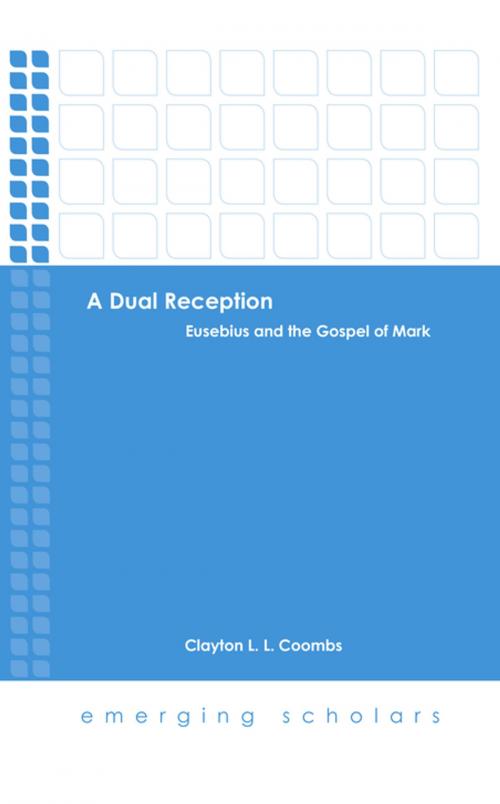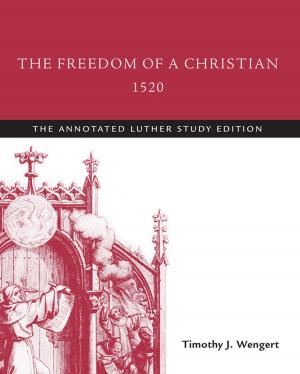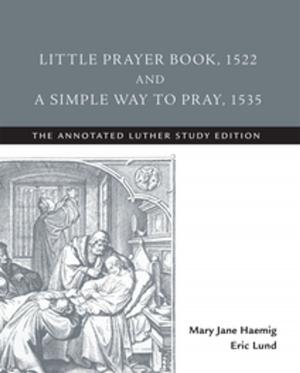A Dual Reception
Eusebius and the Gospel of Mark
Nonfiction, Religion & Spirituality, Bible & Bible Studies, New Testament, Criticism & Interpretation| Author: | Clayton Coombs | ISBN: | 9781506401218 |
| Publisher: | Fortress Press | Publication: | December 1, 2016 |
| Imprint: | Fortress Press | Language: | English |
| Author: | Clayton Coombs |
| ISBN: | 9781506401218 |
| Publisher: | Fortress Press |
| Publication: | December 1, 2016 |
| Imprint: | Fortress Press |
| Language: | English |
The ending of Mark’s Gospel is one of the great unsolved mysteries. However, interest in the Markan conclusion is not a modern phenomenon alone. Comments about the different attested endings date back to Eusebius’ Ad Marinum in the fourth century. Responding to the apparent discrepancy between the timing of the resurrection in Matthew and Mark, Eusebius notes one may solve the difficulty in one of two ways: either ignore the passage on the basis of the manuscript evidence or harmonize the two passages. Unfortunately, Eusebius’ comments are all too often viewed through the lens of the modern text-critical endeavor, and for that reason, his intent has largely been missed.
This volume argues that Eusebius’ double solution can be read as recognizing the authority of both the Longer and the Abrupt conclusions to Mark’s Gospel. The solution represents his ecumenical synthesis of those authors who preceded him, the “faithful and pious” from whom the Scriptures have been received. Only with this understanding of the double solution may we fully appreciate Eusebius’ dual reception, which is indicative of a different approach to the issue—one that prioritizes the question of reception over authorship, and one that is comfortable affirming a pluriform canon.
The ending of Mark’s Gospel is one of the great unsolved mysteries. However, interest in the Markan conclusion is not a modern phenomenon alone. Comments about the different attested endings date back to Eusebius’ Ad Marinum in the fourth century. Responding to the apparent discrepancy between the timing of the resurrection in Matthew and Mark, Eusebius notes one may solve the difficulty in one of two ways: either ignore the passage on the basis of the manuscript evidence or harmonize the two passages. Unfortunately, Eusebius’ comments are all too often viewed through the lens of the modern text-critical endeavor, and for that reason, his intent has largely been missed.
This volume argues that Eusebius’ double solution can be read as recognizing the authority of both the Longer and the Abrupt conclusions to Mark’s Gospel. The solution represents his ecumenical synthesis of those authors who preceded him, the “faithful and pious” from whom the Scriptures have been received. Only with this understanding of the double solution may we fully appreciate Eusebius’ dual reception, which is indicative of a different approach to the issue—one that prioritizes the question of reception over authorship, and one that is comfortable affirming a pluriform canon.















